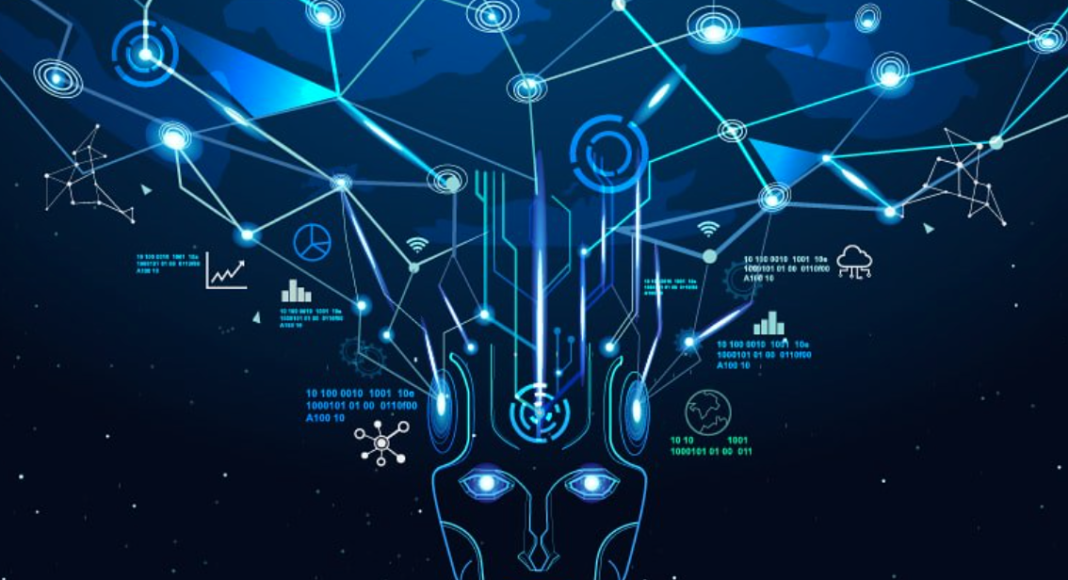On Monday Oct. 30, Supervisor Zach Friend participated in a White House executive order event that established rules and regulations concerning artificial intelligence.
Back in September, Santa Cruz County became one of the first jurisdictions in the state to adopt a policy laying out guidance over how its employees use AI. Specifically, Friend said, the county wanted to ensure AI policies protected personal information and informed the public when they are interacting with an AI tool, and provide a choice to “opt out.”
It was due to the county’s work spearheading AI regulation that Friend was invited to the event at the White House. The new executive order, issued Monday, will implement checks and balances on the technology and will ensure AI systems are safe, secure and trustworthy, avoid discrimination and provide new tools to individuals to avoid fraud and deception.
“I think there’s a strong consensus that we didn’t get the regulatory frameworks around social media correct. So using AI as an opportunity as the next stage of technological innovation, there is a desire to harness what I believe will actually be even more transformational than social media,” Friend said.
At the county level, from May to September, county employees logged 33,000 sessions using AI tools, with roughly 10% using the tools. Friend said that employees mainly use AI tools like ChatGPT for writing emails and other correspondence.
“Our county policy created a value set of things that we thought were really important, such as data privacy and security in particular around health information and informed consent,” Friend said.
Friend, who is part of the National Association of Counties AI Committee, said that other counties reported using AI tools to streamline processes such as property taxes or generating board letters and meeting agendas packets. Santa Cruz County doesn’t employ AI tools in that way—yet.
“We can’t come from a place of fear of the technology and then regulate it to a point where it doesn’t serve a value but we need to be aware of the fact that it could create issues,” Friend said. “Harness its potential while still creating privacy, security and equity. Those were our values and very similar to the White House. They focused on workers rights, for example, to ensure that AI benefits workers as opposed to creating job displacement.”














